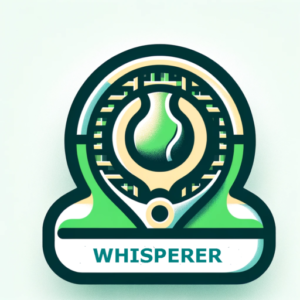Tennis has an anger-management problem, and it’s getting worse | Washington Post
PARIS — On an obscure court at Roland Garros, in a women’s singles match that drew scant attention, 63rd-ranked Irina-Camelia Begu thrust herself into the global spotlight as the latest example of the ugly, potentially injurious on-court outbursts plaguing pro tennis in recent months.
Irked over losing her serve in a pivotal moment, Begu, 31, tossed her racket on the French Open’s red clay, and it ricocheted into the stands and toward a small child, who burst into tears. The chair umpire summoned the supervisor to adjudicate, but Begu was allowed to play on, later cited for unsportsmanlike conduct, despite the fact that her racket “brushed” the child, according to a statement from the tournament director.
Just two days earlier, Andrey Rublev, the French Open’s seventh seed, also got a warning for unsportsmanlike conduct after he smashed a ball in a rage that almost hit a groundsperson.
……
Most pros at the top of the sport, however, come to realize that controlling their anger is ultimately in their interest.
For Rafael Nadal, a five-time recipient of the ATP’s sportsmanship award, behaving on court is something he learned as a child.
“My uncle, my family, never allowed me to break a racket, never allowed me to say bad words or give up a match,” Nadal once explained. “
Probably when I was a kid, they didn’t care much about winning or losing. Of course, all the parents and family, my uncle [who was also his coach] wanted me to win every single match. But probably that was not the most important thing.
The most important thing was the education and the fact that I grow with the values, with the right values.”
For second-ranked Daniil Medvedev, who is still haunted by an epic meltdown he had as a 14-year-old junior, it has been a process.
“At one moment, I understood that it can negatively affect your tennis,” Medvedev said. “But I definitely didn’t understand it [at 14]. It was much later. …
I’m still learning because I have some tantrums, if it’s the right word, sometimes on the court. Usually I’m not happy about it.
The most important is either to know how to react or, better, how not to do them and just stay focused on the match.”
https://www.washingtonpost.com/sports/2022/05/26/tennis-angry-outbursts-french-open/

